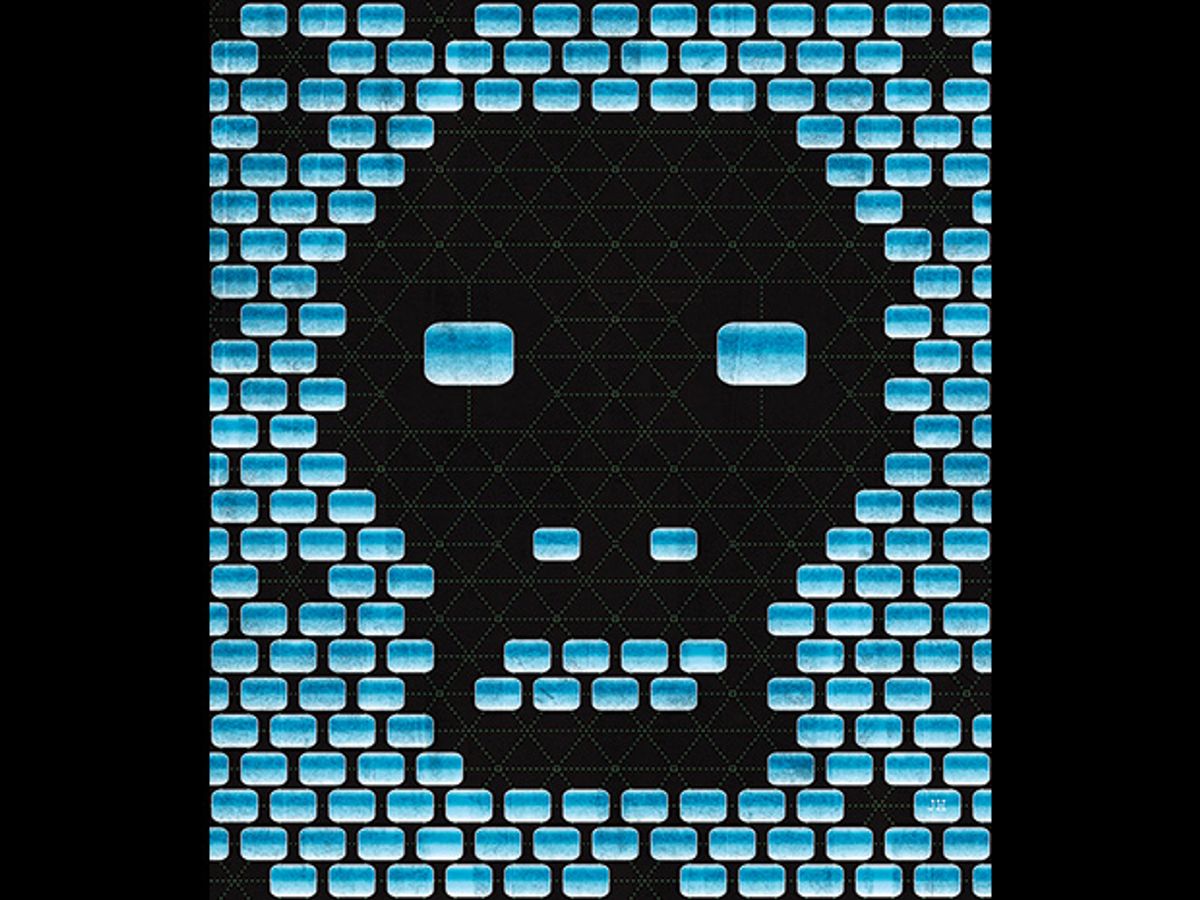
Some innovations come very close to being purely good, with downsides too minimal to dwell on. Many health-care measures are in this category: inoculation against polio, fortification of flour with iron, electronic monitoring of vital functions in an intensive care unit. But for other innovations it is impossible to offer a clear net appraisal.
Consider cars: Is having the “freedom of the road” (or the freedom to sit in gridlock) worth the eye-irritating, lung-searing, life-shortening effects of photochemical smog? Does the convenience of on-demand mobility outweigh 1.3 million annual deaths on the roads?
But perhaps the best, perhaps unsurpassable, case of this category of innovation is the World Wide Web. For every undoubtedly good thing that the Web has brought us, I can easily cite a bad one. Here is just a sample of such contrasts.
The wealth of available information in a multitude of languages needs superlatives to describe, but I am absolutely certain that most of that information is either wrong, questionable, irrelevant to anybody but its providers and a few close targets, or supremely ephemeral. How could it be otherwise when images of latte art are among the most posted visuals?
As a lifelong interdisciplinarian I used to run up and down the stairs of many libraries every day, a tiring but excellent exercise; now I just search for electronic copies from the comfort of my house (not quite so healthy, even if I do most of my Web searches while standing up). Now the range of what is accessible is stunning: A few weeks ago I was reading a facsimile of Charles-Augustin de Coulomb’s pioneering study of ergonomics, “Résultat de plusieurs expériences...” in Mémoires de l’Institut national des sciences et arts for the year 1799. But what is disappearing is just as stunning. When I checked the first 30 websites cited in my 2005 Oxford book Creating the Twentieth Century, I discovered that 19 of them (63.3 percent) were no longer up. The sites were defunct.
Of course, brick-and-mortar libraries also used to retire some of their old holdings, the first step usually being to place old, crumbling volumes into underground storage. But that loss of old books was nowhere near so rapid as the Web’s loss of pages. Who ever heard of a library losing nearly two-thirds of a collection in a single decade!
Every reader of IEEE Spectrum is a near-constant Web user and could extend such contrasts almost ad infinitum. The Web lets you order the strangest consumer items directly from another continent—and get your Visa card information hijacked in the process by a teenager in Latvia. The Web contains practically every great poem ever written in scores of languages—but also the outpourings of semi-educated, self-appointed, and endlessly opinionated, logorrheic bloggers. Then again, what else can we expect when pressing a few keys is all that’s required to publish a rant? The descent to the lowest common denominator was thus inevitable, blessing us with selfies and kittens, and providing an addictive alternative to thinking, working, or exercising with more than 70 billion hours of YouTube videos every year.
Are these positive or negative considerations when trying to net the value of the Web? Or are they the very essence of its existence?
This article originally appeared in print as “Netting the Web.”
